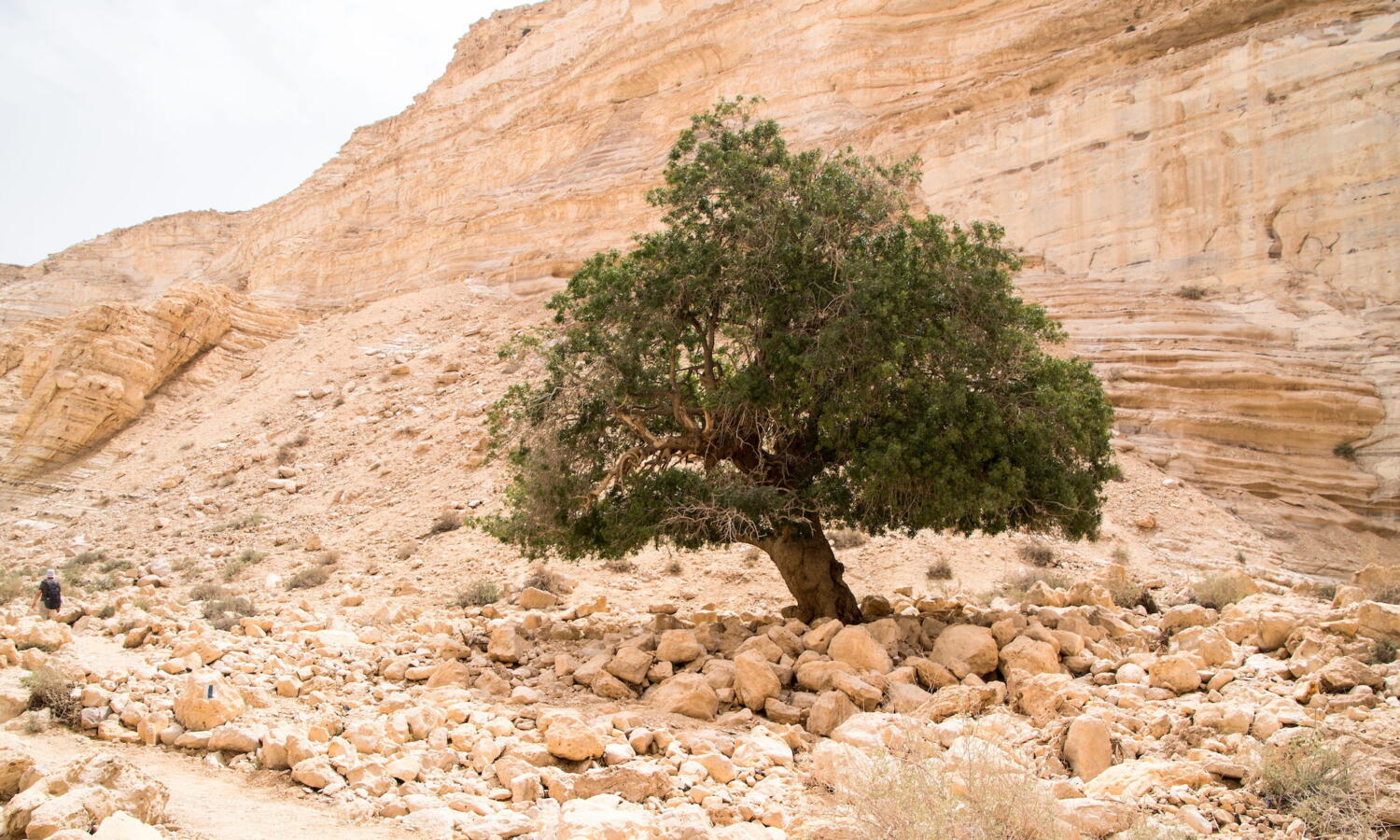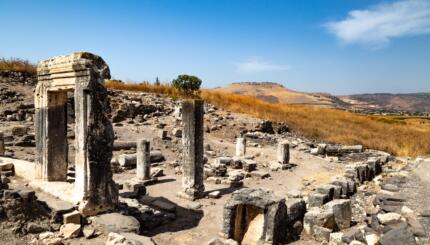In addition to the major public fast days of Yom Kippur (the Day of Atonement) and Tisha B’Av (the ninth of the month of Av, which commemorates the destruction of the Temples), there are four minor public fast days in the Jewish calendar. The minor fasts last only from dawn until sundown, in distinction to and Tisha B’Av, which last 25 hours, from sundown until three stars can be seen in the sky the following night. The minor fast days also are not as restrictive in practice as the major fasts.
Three of the minor fasts are connected with the destruction of the Temple.
- The 17th of Tammuz (Shiva Asar be-Tammuz) commemorates the day on which the Romans breached the walls of Jerusalem in 70 C.E. It marks the beginning of the three weeks of mourning leading up to Tisha B’Av.
- The Fast of Gedaliah (Tsom Gedaliah) is in memory of the Babylonian appointed governor of Judah, who was assassinated by a fellow Judean following the destruction of the First Temple. It takes place on the day following Rosh Hashanah.
- The 10th of Tevet (Asarah be- ) marks the beginning of the Babylonian siege of Jerusalem in 586 B.C.E.
- The Fast of Esther (Ta’anit Esther) is observed on the day before the joyous holiday of Purim, unless that day is a Sabbath. In fasting on this day, one is emulating the fast of Queen Esther and her fellow Jews before she went to the king to plead on their behalf.
Minor Fast Practices
With the exception of Yom Kippur, none of the other communal fast days in the Jewish calendar may fall on the Sabbath. Hence, the Jewish calendar must sometimes be adjusted in order to ensure that these fasts are observed on other days of the week. On the minor fasts, only eating and drinking are restricted, not other signs of mourning, such as wearing leather, that are prohibited on major fast days. In addition, the laws concerning who may break his or her fast — or skip the fast altogether — are more lenient for minor fasts.
Changes in Liturgy on Fast Days
On these fast days there are a number of additions to the regular daily service and a few variations in the liturgy. Avinu Malkeinu (“Our Father, Our King”) is recited after the Amidah at the morning and afternoon services. In some traditions, special selihot (prayers of forgiveness) are added. The same section of the Torah is read during both morning and afternoon services. It is chanted with High Holiday cantillation in order to remind the congregation that fast days call for repentance and good deeds. The reading starts with Exodus 32:11-14, and then the reader skips to Exodus 34:1-10. These sections deal with God’s 13 qualities of mercy and God’s forgiveness of the pious. Traditionally, some of the lines–Exodus 32:12, 34:6, and 34:9–are read aloud by the congregation, followed by the reader, because these lines, in particular, speak of God’s mercy and willingness to forgive.

Help us keep Jewish knowledge accessible to millions of people around the world.
Your donation to My Jewish Learning fuels endless journeys of Jewish discovery. With your help, My Jewish Learning can continue to provide nonstop opportunities for learning, connection and growth.
During the afternoon service, a haftarah (prophetic reading) from Isaiah 55:6-56:8 is read by the Ashkenazim (Jews of Eastern European descent). It also deals with repentance and God’s forgiveness, the redemption of Israel and the world. The Sephardim (Jews of Mediterranean descent) do not read a haftarah on the afternoon of a fast day, except for Tisha B’Av.
None of the four minor fasts may be observed on a Shabbat, which is a day of joy and celebration. Only the major fast of Yom Kippur may take place on Shabbat. If any of the above-mentioned dates falls on Shabbat, the fast is postponed until Sunday. If falls on a Sunday, the Fast of Esther is observed on the preceding Thursday. Fasts that fall on Friday follow the normal practices for the fast. However, this could really only apply to the 10th of Tevet because the arrangement of the calendar does not permit any of the other fasts to occur on Friday.
Rituals on Fast Days
Among the very few rituals to be followed on a minor fast day is the tradition of giving charity, especially food necessary for the evening meal (Talmud, Sanhedrin 35a). The notion behind this practice is found in the Talmud, which states that the reward of a fast day is in the amount of charity distributed (Berakhot 6b).
It is important to note that Reform Jews traditionally only fasted on Yom Kippur, and the other fast days were only vaguely known or observed among Reform Jews. The reasons for this included a distinctive approach to Jewish tradition and halakhah (Jewish ritual law), and as an ambivalent attitude toward commemoration of the destruction of the Temple and hopes for its restoration. There has in recent years been a renewed attention toward the major fast day of Tisha B’Av, although the minor fasts continue not to play an important role in Reform observance.



